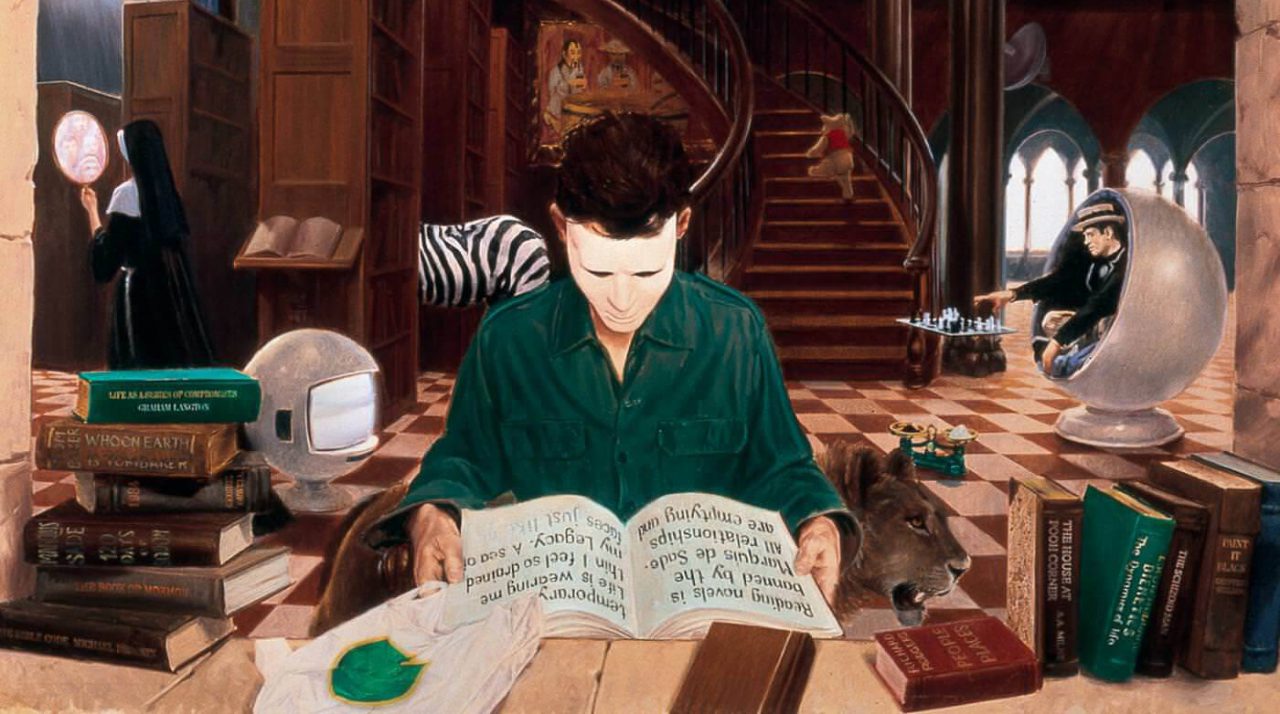Far and away the most significant work in Brian Lumley’s bibliography is his epic Necroscope series. The title refers to the main character, one Harry Keogh, who has a knack for conversing with the dead. Thanks to this talent he is recruited into E-Branch, a top secret, underfunded UK government spy agency specialising in what it punningly calls ESPionage – intelligence work utilising psychic powers. In the first novel, it becomes apparent that the Soviets have their own Necroscope – the cruel Boris Dragosani, who extracts secrets from the dead through torture and degradation in contrast to Harry’s vastly kinder methods. Dragosani, for his part, is being drawn into the web of Baron Ferenczy – one of the Wamphyri, a type of vampire unique to this series. The Wamphyri are powerful psychics and resemble less a person than a disease which infects people, the quasi-fungal substance of their offspring infiltrating the human body and expressing itself, when wanted, as bizarre transformations. (This is pretty much what the Tzimisce clan in Vampire: the Masquerade were a riff on.)

It all culminates in a big showdown in which Keogh and Dragosani must fight it out using the powers both have gathered over time – Dragosani through his new Wamphyri nature, Keogh through various secrets the dead have taught him over the years. Subsequent books involve return engagements between Keogh and the Wamphyri and related forces (including the Cthulhu Mythos – a certain Baron Ferenczy having played a significant role in The Case of Charles Dexter Ward), Keogh becoming more and more boringly overpowered until at the end of the fifth novel Lumley had to find a loophole to write him out of the cosmos. (The sequel series takes place on the Wamphyri home planet and is basically a very sanguinary take on sword and sorcery. It is imaginatively entitled Vampire World.)

 So, a while back it was suggested that I should cover Alan Moore’s various Cthulhu Mythos works, Moore having gotten deep into the Lovecraft tribute business right about the time I was doing my
So, a while back it was suggested that I should cover Alan Moore’s various Cthulhu Mythos works, Moore having gotten deep into the Lovecraft tribute business right about the time I was doing my  Stephen Jones’ Shadows Over Innsmouth series of anthologies takes an approach to compiling themed Mythos anthologies which represents a similar but different approach to Price’s
Stephen Jones’ Shadows Over Innsmouth series of anthologies takes an approach to compiling themed Mythos anthologies which represents a similar but different approach to Price’s  The New Lovecraft Circle
The New Lovecraft Circle Richard Garrison is a British Army military police officer serving in Northern Ireland in 1972, during one of the most dangerous phases of the Troubles. Thomas Schroeder is a former SS officer turned industrialist – a wealthy man, but also a ruthless one. After the IRA make an ill-advised attempt to strongarm Schroeder into not building a factory in a majority-Protestant area, Schroeder and his similarly tough bodyguard Willy Koenig make their objections known through brutal violence; when the IRA reprisals come down Garrison happens to be on the scene, and rescues Schroeder’s wife and son.
Richard Garrison is a British Army military police officer serving in Northern Ireland in 1972, during one of the most dangerous phases of the Troubles. Thomas Schroeder is a former SS officer turned industrialist – a wealthy man, but also a ruthless one. After the IRA make an ill-advised attempt to strongarm Schroeder into not building a factory in a majority-Protestant area, Schroeder and his similarly tough bodyguard Willy Koenig make their objections known through brutal violence; when the IRA reprisals come down Garrison happens to be on the scene, and rescues Schroeder’s wife and son.